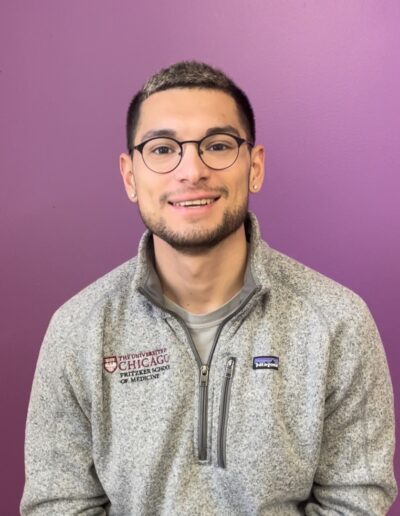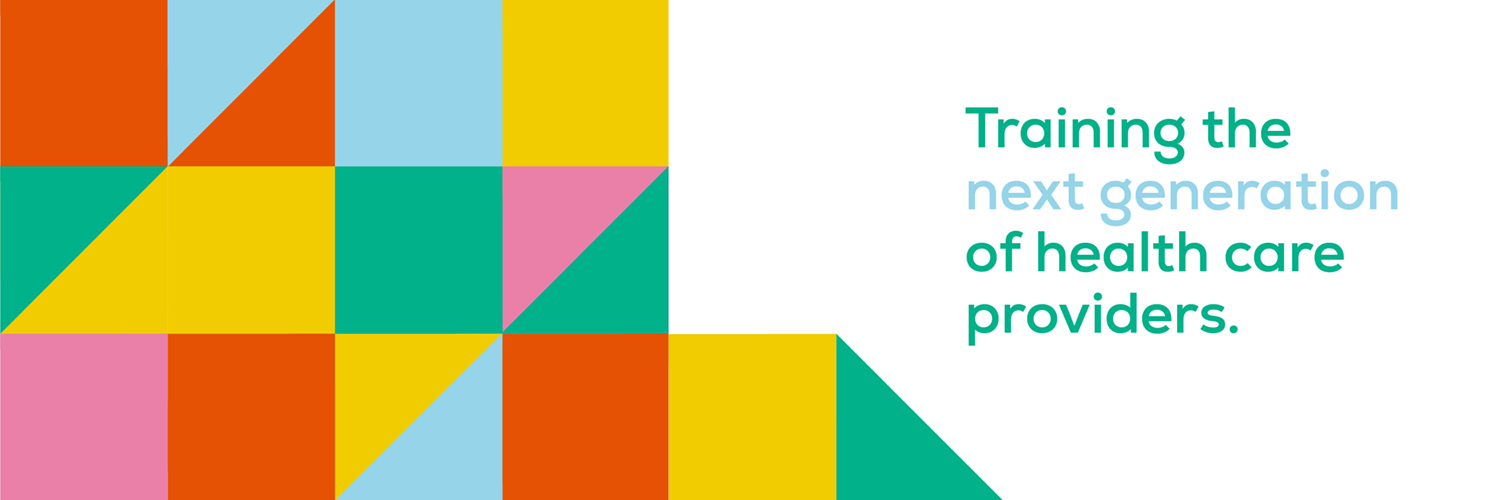As one of the largest free clinics in the country, CommunityHealth relies on volunteers to provide health care services at no cost to patients. Over 40% of CommunityHealth’s volunteers are from our Student Run Clinics with community partners such as Rush University Medical Center, Advocate Luthern General Hospital, and Loyola University Stritch School of Medicine. CommunityHealth has trained over 10,000 resident physicians, medical students, pharmacy students, nursing students, and dental hygiene students since our opening in 1993.
Throughout the month of March, CommunityHealth celebrates the Future of Health as we support this next generation of health care providers.
We connected with Frank Medina, a second year medical student at University of Chicago Pritzker School of Medicine and CommunityHealth volunteer, to learn more about his experience working with our Student Run Clinics…
How has your experience at CommunityHealth influenced your journey as a health care provider?
Frank talks about how he “never really saw physicians that looked like [him]” or “physicians in [his] communities that lived within the neighborhood” while growing up. CommunityHealth offers space to bridge this gap. As a native Spanish-speaker, he engages with patients through “interpersonal, intimate conversation,” highlighting the “importance of listening” in “patient care.” He notes that “health literacy” stems from “understanding the social context of how patients live” and “what their daily lives are like.”
What have you learned at CommunityHealth that you have not experienced anywhere else?
Medina emphasizes that his journey to becoming a physician “came through finding mentors” during college who instilled in him that he “is enough” and he “can do it.” CommunityHealth provides health care at no cost to our patients as well as the cultivation of autonomy, integrity, and intersectional reflexivity to our trainees. Frank continues to carry this spirit of resilience into medical spaces to more than empower his patients but also to reform what health care is and can be.


